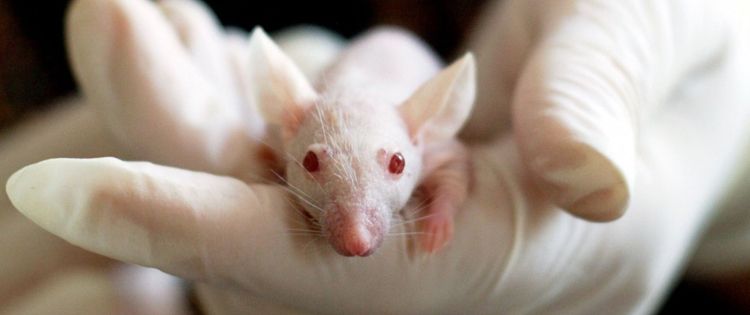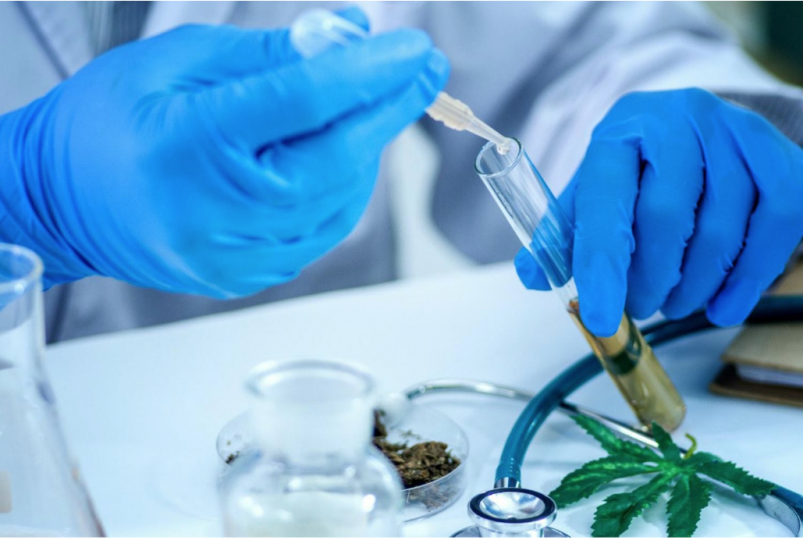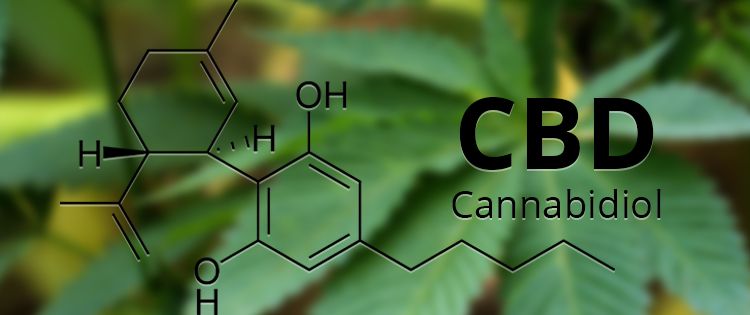Despite the raging popularity of cannabidiol or CBD, mass sentiment does not necessarily equate to efficacy. Yes, several botanical users swear by CBD-infused therapies and solutions.
Moreover, a growing body of scientific research indicates that these anecdotal testimonies have at least some fundamental grounding. Nevertheless, CBD remains a relatively recent phenomenon, implying the need for further research.
Due to CBD’s naturally sourced origins – cannabidiol is among several organic compounds, called cannabinoids, inherent in the cannabis sativa plant – it’s perhaps not surprising that several studies forward encouraging data.
For instance, Epidiolex, a cannabis-heavy drug designed for very young children who suffer from severe seizures, has been granted approval by the Food and Drug Administration.
That said, not all data is supportive of the mass proliferation of CBD. According to a study conducted by the University of Arkansas, researchers discovered hepatotoxicity – the clinical language to describe chemically driven liver damage – in some laboratory mice. Understandably, the results set off concerns among users who depend on CBD-infused solutions.

But does CBD cause liver damage in humans?
The answer to this question, like most granular inquiries toward cannabidiol, is a complicated one. In short, CBD does indeed cause liver damage, but in the sense that drinking too much water can lead to drowning.
As with any controversial discovery, context is everything.
A Brief Overview of the CBD Hepatoxicity Study
Utilizing two sets of lab mice, researchers separated one set for an acute toxicity test and another for sub-acute toxicity.
In the former test, the emphasis focused on the effects of a single, large dosage (hence the term “acute”), segmented into a human-equivalent CBD dosage of 20mg/kg — the maximum recommended dosage for Epidiolex — and two other dosage levels that were 3-times and 10-times the base dosage.
For the latter, researchers analyzed the impact of sub-acute dosages over a longer period of time (in this study, 10 days). In this set of lab mice, the base dosage was the human equivalent of 5 mg/kg of CBD. Other dosages included magnitude strength increases of 3-times and 10-times the base level.
Following the test, researchers discovered in the acute study that the mice exposed to 10-times the base dosage suffered symptoms and biological changes inherent in liver damage.
In the sub-acute test, 75% of the mice exposed to the 10-times base level magnitude “developed a moribund condition between days three and four.”

Though there are obvious counterpoints which we’ll discuss below, the study disputed the popular idea that one cannot overdose on CBD. At least with lab mice, the implications are that too much cannabidiol can lead to liver failure and death.
But should CBD users be worried? A healthy concern is normal. However, the golden rule with consumable therapies applies: all things in moderation.
Humans Are Not Mice
One of the reasons why lab mice are selected for pharmaceutical experimentations is their genetic similarity to humans. Theoretically, what impacts mice should also impact humans in a similar manner.
However, as Dr. Thinh Vo, director of quality and compliance at Koi CBD asserts, a risk is inherent in extrapolating conclusions from lab mice reactions. Dr. Vo states, “Mice and humans may share virtually the same genes, but we are different physiologically.”
Further, Vo emphasized that, “Extrapolation of this research shows no negative effects on a human at the recommended maximum daily dosage of 20 mg/kg.”
In other words, don’t be quick to assume a direct correlation between CBD reactions in mice and men.
Excess, Not CBD, Is the Real Culprit
Can CBD damage your liver?
Sure, it is possible that CBD can damage your liver, when used in excess. You know what else can damage your liver? Eating too much, which fuels America’s obesity epidemic.

Every academically honest study confirms that people are gaining weight at an alarming trajectory. And we’re not only eating excessively but gorging on materials that are not conducive to health – we’re talking fat, carbs, sodium, sugar.
Since the liver is the body’s storehouse, it must go into overdrive when you consume more food or substances than is recommended for your physiological and genetic structure.
It simply does not matter what you’re putting in, even helpful, wholesome foods: too much of anything is damaging.
And that’s the main takeaway of this research study. It reiterates that if you disobey manufacturers’ recommendations for daily CBD dosage, you run the risk of health damage.
In many ways, the research is common sense dressed up as a groundbreaking academic thesis.
Ironic Findings of CBD’s Safety
It’s remarkable how quickly fear can proliferate among the masses. What the University of Arkansas study revealed was not that CBD was dangerous; rather, it could be dangerous under certain conditions (i.e., excess consumption).
This is akin to asserting that alcohol consumption and piloting an airplane poses risks to people and property. Under no alcohol consumption, airplane travel is one of the safest forms of transportation. But as alcohol is consumed to greater magnitudes, pilots lose cognitive skills and reasoning, eventually leading to fatalities.
Well, no kidding.
But under reasonable exposure to CBD, lab mice demonstrated no worrying signs of hepatoxicity. Bear in mind that severe symptoms occurred in the highest of dosages, which no rational person would consume.
Indeed, it’s likely that you will get noticeably sick prior to consuming such damaging dosages, helping to prevent you from self-harm.
Thus, researchers have confirmed that the best way to use CBD is to follow the manufacturer’s instructions. Thanks University of Arkansas!

Practical Takeaways
Although many holes exist in the assertion that CBD causes liver damage, the report in question does bring up valid, practical takeaways which you should always heed.
First and foremost, you should only buy cannabidiol-infused products from reputable brands. And one of the hallmarks of such credible organizations is the inclusion of independent, third-party lab results of the products you are about to consume. At a minimum, this should include the ingredient list and the amount present of each cannabinoid or terpene (essential oil).
And one of the easiest ways to help ensure you purchase such products is to buy only from reputable dealers, such as Nug Republic. With companies that are in the cannabidiol business for the long haul, you partner with organizations who have symbiotic goals.
Second, you should recognize that CBD is like any other therapy. You wouldn’t take more than the daily recommended dosage of aspirin. In the same manner, you should not consume CBD to excess.
- Finding the Right CBD Product for You - December 18, 2019
- Does CBD Cause Liver Damage? - December 18, 2019


